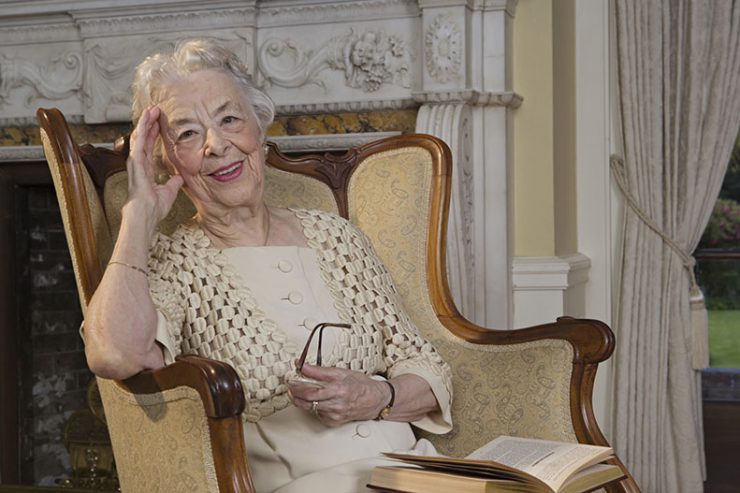When we’re younger, taking a spill is usually nothing more than an embarrassing stumble. But as we age, problems with vision and balance, along with weakened bones and muscle loss, can make falls more likely.
That’s a concern, because older people are also more prone to hip fractures and other fall-related injuries, which can result in increased immobility and disability. In fact, according the U.S. Centers for Disease Control and Prevention, one in every three Americans age 65 and older falls every year, and two million of them will be treated in emergency departments for their injuries. Severe injuries from falls often require surgery, medication, and physical therapy — and can greatly raise your risk of suffering another fracture.
Staying Steady on Your Feet
The good news is that falling isn’t an inevitable part of aging. There’s a lot you can do to prevent the problem, both for yourself and your loved ones. Here’s how to prevent falls:
Cut the clutter. Assess your home for obstacles and hazards such as boxes, shoes, and piles of newspapers, magazines, or books and remove them.
Clear the path. Secure loose electrical and phone cords and move coffee tables, plant stands, and other pieces of furniture out of high-traffic areas.
Clean your house. Mop up spills right away, remove loose rugs or secure them with double-sided tape, and repair broken or loose floorboards.
Give yourself a hand. Install grab bars in showers and tubs and by toilets, use non-slip mats in bathrooms, and add handrails to stairways.
Shed some light. Use brighter light blubs throughout your home and use nightlights in darker areas.
Choose the right shoes. Swap heels, slippers, and shoes with slick soles for sturdy footwear with a good tread.
Check your meds. Certain drugs or combinations of drugs can cause dizziness or drowsiness, which can increase the risk of falling. Talk to your physician about the medications you take and ask about substitutes if appropriate.
Keep an eye on vision health. It’s natural for your vision to change as you get older. Be sure to get annual eye exams and wear glasses or contact lenses when necessary.
Keep moving. Physical activity can strengthen muscles and help improve your balance, coordination, and flexibility. Walking and water-based exercises are good choices; you might also consider trying tai chi, a gentle type of movement that’s been shown to improve balance. Talk with your physician before starting any new exercise program.
» Watch our Medical Mondays segment on preventing falls among seniors and find additional fall-related articles.
